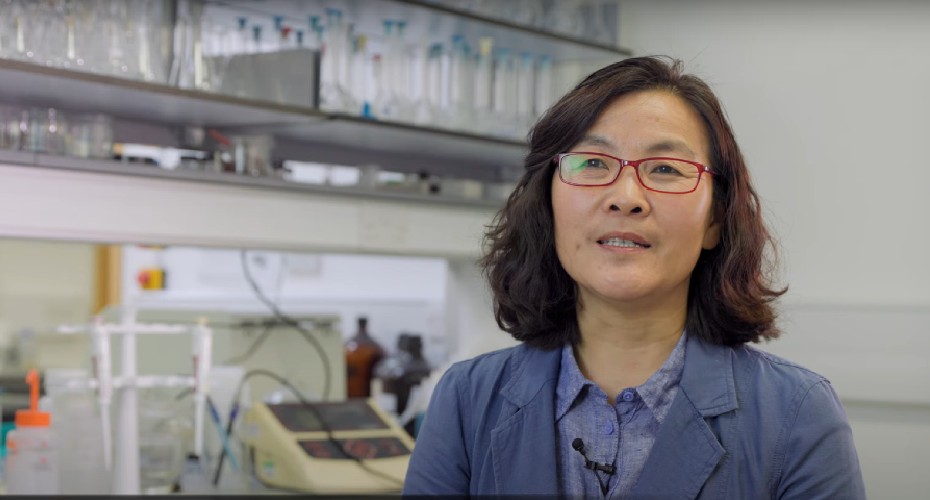
The University of Exeter will jointly lead the development of a ‘hydrogen supercluster’ in southwest England and south Wales.
Titled ‘GW-SHIFT: Great Western Supercluster of Hydrogen Impact for Future Technologies’, the project aims to boost the region’s hydrogen energy ecosystem by providing solutions for storage, distribution and transport. This could include aviation, shipping and heating buildings.
The project aims to boost the region’s hydrogen energy ecosystem by providing solutions for storage, distribution and transport
As well as co-leaders the University of Bath, Exeter researchers will work alongside counterparts from Bristol and Cardiff — who comprise the remainder of the research-focused GW4 Alliance — Swansea, South Wales and Plymouth. Among the 25 civic and industry partners are the Western Gateway, Great South West, West of England Combined Authority, Hydrogen South West and SETsquared.
GW-SHIFT has received £2.5 million in funding from the Engineering and Physical Sciences Research Council (EPSRC) as part of their Place Based Impact Acceleration Account awards (PBIAA). According to the Western Gateway Hydrogen Delivery Pathway, investing in the southwest’s hydrogen infrastructure could create 40,000 jobs and safeguard another 60,000.
Green hydrogen is produced by electrolysis powered by renewable energy sources. It is hoped that hydrogen power will contribute to decarbonising the UK on the way to achieving the government’s target of net zero emissions.
It is hoped that hydrogen power will contribute to decarbonising the UK on the way to achieving the government’s target of net zero emissions
Professor Xiaohong Li, the project’s Exeter co-director, said, “We are delighted to establish the GW-SHIFT hydrogen supercluster for the South West of England and the South Wales to support these regions to accelerate strategic and high-impact uses for green hydrogen. Not only will the supercluster bring together the academic institutions, civic organisations, and key industry partners in the region, but in the meantime the co-created projects and collaborations will enable us to move further and drive innovations.”
Science minister George Freeman said, “The UK is already home to clusters of world-class science and technology talent, bringing together top universities, cutting-edge research institutes and enterprising businesses of all sizes and it is crucial we channel these hubs of scientific advance and growth to level up our country.”


